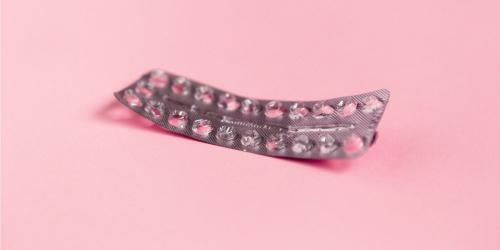Clinical trials conducted by US researchers have led to considerable progress in research on male contraception. Presented Sunday, March 18, 2018 in Chicago, at the 100th Annual Congress of Endocrinology, their work shows that research on the pill for men is (finally!) On track.
An effective pill after 28 days of treatment
83 men aged 18 to 50 were selected to carry out this study. Divided into three groups according to the prescribed dosage (100, 200 and 400 milligrams), the subjects ingested daily a drug called DMAU (dimethandrolone undecanoate). In all cases and at any dose, treatment was effective beyond 28 days of dosing.
By combining the action of an androgenic hormone and a progestogen, DMAU reduces the level of two hormones essential for the production of spermatozoa as well as that of testosterone in the blood, so that it drops to 13 nanograms. per deciliter instead of 350 to 1,100 nanograms for a man without treatment. Such a change would be to approach a hormonal level close to that of a man pre-pubescent or castrated.
So promising result for this pill for men who passed his first tests and proved his performance.
"Unwanted" side effects, but not serious
It is now known, the DMAU works, provided it is taken once a day during a meal. However, some side effects have been reported, starting with an alteration in libido and an outbreak of acne , signs of depression , weight gain or a decrease in good cholesterol (HDL).
Nothing alarming according to experts who consider that its symptoms are minor, and even similar to those produced by the female contraceptive pill.
"The ideal would be to produce something that also has an advantage for men's health," said Stephanie Page, the endocrinologist who led this project and led the study.
A potential solution after decades of research
According to the researcher: "These promising results are unprecedented in the development of a prototype male pill."
Indeed, for several decades scientists from around the world have been wondering about male contraception. Lack of means or lack of conviction: research associated with this large-scale problem has always resulted in failures ...
In the last few trials, several approaches followed one another, yet none had yet borne fruit. Until now, drugs of this type caused heavy damage to the liver and kidneys, and several doses a day were needed: enough to prevent the validation of treatment.
To continue on the encouraging dynamics of the DMAU, new research is already underway. They should prove that suppression of sperm production is reliable over time. "We will also need to examine in detail the potential side effects, before doing a study with couples to show that it can be useful in everyday life," explains Stéphanie Page.
This is news that should delight both women and men, since according to a study of the CSA institute dating from 2012, 91% of these gentlemen consider that the issue of contraception is "as much the business of man as of wife."
* See the complete study



